In Malaysia, where cultural, religious, and linguistic diversity are cherished ideals, the national conversation about how to foster greater social cohesion has increasingly become focused on the responsibilities of social institutions and government, especially during the pandemic.
There has, however, been far less discussion on how all segments of society can contribute to building unity.
This observation by the Baha’i Office of External Affairs of Malaysia is the motivation behind a discussion series titled “Protagonists of Unity” that is bringing together academics, civil society organizations, and representatives of the country’s faith communities to explore the deeper implications of unity and the principle of the oneness of humanity.
“We have to acknowledge that unity must become a pursuit for all and that everyone can contribute to the progress of our country,” said Vidyakaran Subramaniam of the Office of External Affairs.
He adds: “Individuals, communities, and social institutions each have a role to play, and building unity depends on how well these three protagonists of change work together toward this aim.”
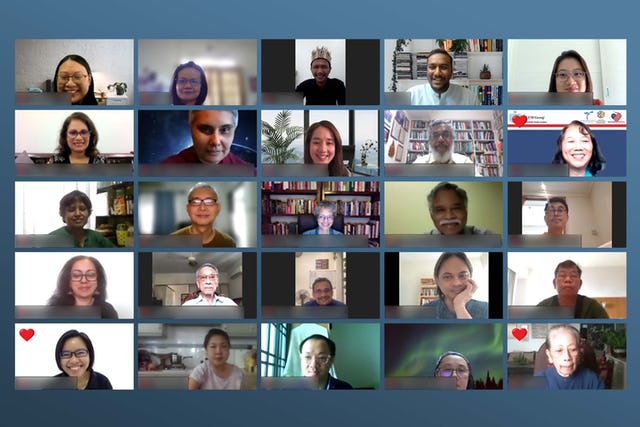
At a recent gathering on the role of dialogue in building a more cohesive society, participants examined the Baha’i principle of consultation. “Many conversations in the public sphere often take the form of a debate—different groups present their views, and these views are assumed to be in conflict with each other. This form of interaction does little to build consensus and promote unity,” said Dylane Ho, another member of the Office of External Affairs.
“In order to build common understanding,” she continued, “trust is needed. Trust is built when a safe discussion space is created, one that is imbued with a sense of respect for all and where people speak with courtesy and listen to others in a posture of humility with an open mind. When we approach conversations this way, people from diverse backgrounds with seemingly different objectives are able to find points of common agreement and transcend differences.”
Attendees at another gathering, which largely included founders and directors of different organizations, reflected on the role of civil society organizations in contributing to greater unity.
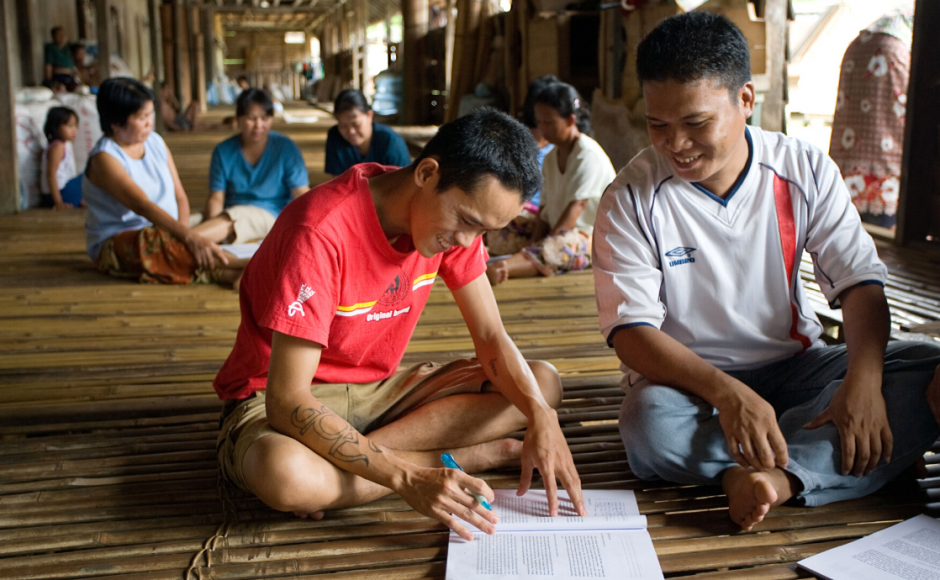
A common theme that emerged was the need for the conviction in the nobility of human beings. Norani Abu Bakar, founder of Blue Ribbon Global, stated: “We have to remember that each person has a great deal to offer. We have to trust that there is goodness in everyone. When we believe in this, we can overcome many fears and barriers to unity, especially the fear of others.”
Other discussions in the series have examined the need to reconceptualize the institution of the family based on the principle of equality between women and men, specifically looking at collective decision-making.
“The way we learn to resolve conflict starts within the family,” said Anjli Doshi, Former Deputy Director General (Policy) of the National Population and Family Development Board.
Dr. Doshi continued to explain how the ability to resolve conflict, when nurtured within the family, can find expression through efforts directed toward the common good. “We need to see everyone as a human being and help each other, and not only be concerned with the well-being of the people of our own ethnicity,” she said.
Future gatherings will look at the roles of the media and religion in fostering unity. Once the series concludes, the Baha’i Office of External Affairs aims to distill the insights and experiences from the discussions into a publication as a contribution to the discourse on societal unity.


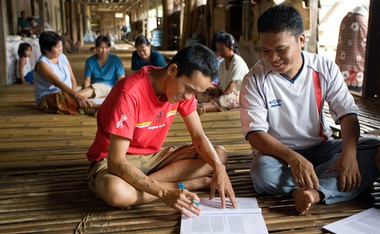


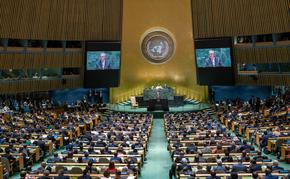
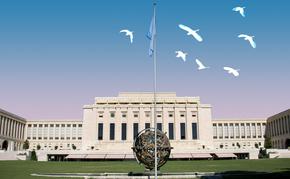






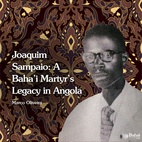
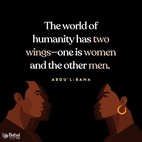


Comments
Sign in or create an account
Continue with Googleor